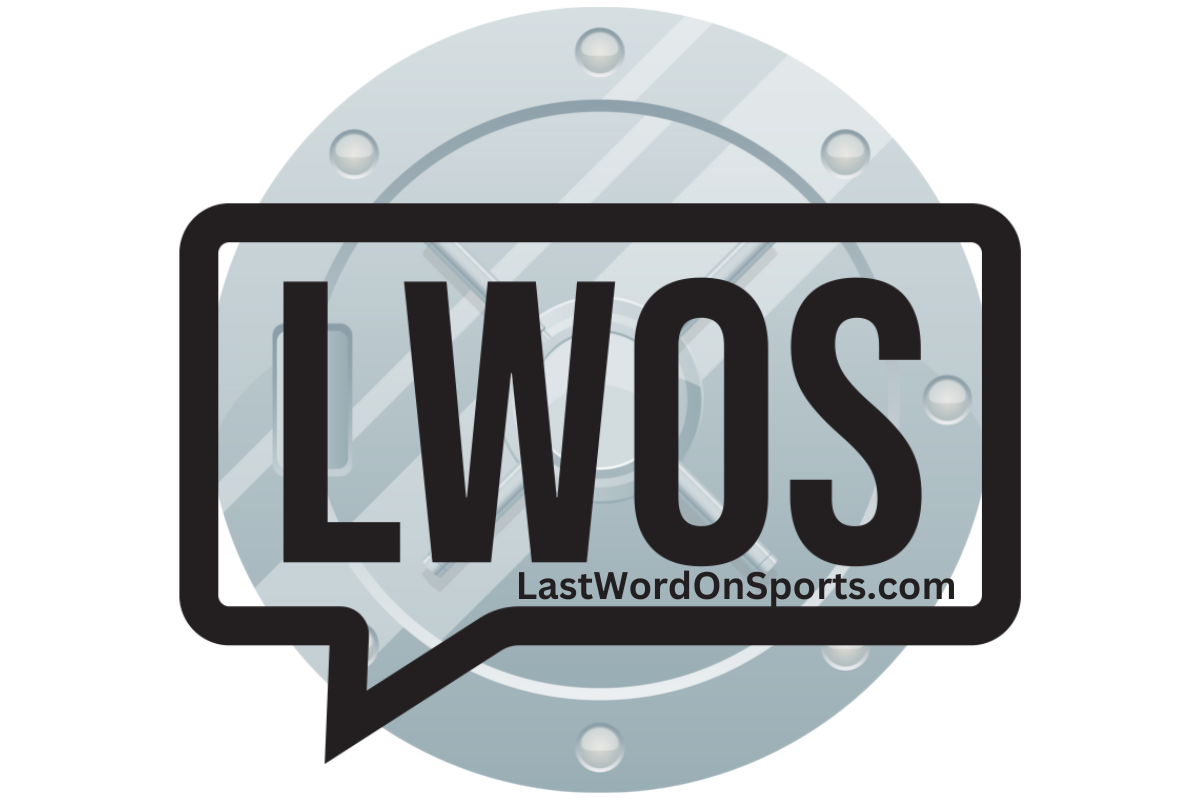The Olympics not only draws athletes from hundreds of countries but also attracts viewers of events, which is why it has become an effective platform for marketing. Some of the largest brands worldwide sponsor the Olympics along with individual Olympic athletes, and this sponsorship is just as important to the individual athlete as it is the games overall.
Commercial sponsorships make up more than half of the revenue generated from the Olympics. Many world-class athletes that have competed in the Olympics would not be where they are now if it were not for sponsorship opportunities. These opportunities allow athletes to focus 100% on their training and provide funds to purchase the latest gear and equipment.
While statistics show that fewer than 5% of Olympic athletes have a direct sponsor, there are some great opportunities out there. Big-name athletes will attract more attention from corporations, but those that have less money and notability will have to work to get a sponsorship.
How Athletes Get Sponsorships
While being talented and the best in a sport, there are other ways to gain sponsorships for the Olympics. They need to have a die-hard attitude and having a social media presence will also be beneficial. Sponsorships provide much-needed financial assistance while also promoting a brand. With millions of viewers, brand names quickly get out there, especially when linked to a popular athlete.
The large corporations in the world will be looking to sponsor well-known athletes that have a huge following. However, this does not mean there are not opportunities for others. Smaller companies that are entering certain markets will want to get their name out there and athletes can contact these
companies to work on a sponsorship plan.
One industry that has gained attraction from athletes is the gambling industry. You will find that some great online casino platforms and sports betting names are sponsoring athletes in the Olympics. You may see top names like DraftKings, but will also note smaller brands like online casino sites in Canada that are looking to attract members.
Generally, the more people that follow an athlete or the more social media presence that person has, the more money they can request from a company for sponsoring them. While smaller startup companies may not have financial resources to offer large amounts, there is cash available and athletes
should not overlook these businesses.
New Opportunities for Athletes
For the first time in Olympics history, individuals are allowed to work with different brands that are not considered official Olympic sponsors. In 2019, the International Olympic Committee updated the marketing guide, which has been known as Rule 40. Under this rule, athletes were not allowed to work with sponsors during any blackout period that would coincide with the Olympic games.
The adjustments of Rule 40 that are now in effect have helped many athletes with smaller sponsorship deals. They are now allowed to be used for advertising purposes during the Olympics by the sponsor brand. For the first time ever, individuals can profit from social media posts that are sponsored, allowing them to generate a stream of income that can assist with training, travel, and other Olympic costs.
This provides a great opportunity for those competing in lesser-known sports. Most corporations will only offer sponsorships for major sports like basketball, swimming, tennis, gymnastics, and such. For those that compete in smaller sports that are not as popular with international audiences, achieving a sponsorship deal can be a daunting task, one that is often failed.
With an updated Rule 40, even the smallest deal with a little company can help athletes raise money they need to continue training and surviving on a low income.
Attracting Sponsors
As an athlete in the Olympics, one cannot rely on companies reaching out to you. Even Olympic medalists have sat back and waited to be contacted, only to be disappointed when they did not land any major sponsorship. Snowboarding bronze medalist, Alex Deibold, expected to receive correspondence for some type of sponsorship and received none. Instead, he took things into his own hands and is pitching himself to companies. As part of the training program and planning for the Olympic games, individuals need to take their own action to ensure they have the best opportunities.
The hardest part of getting sponsored is contacting companies. Each athlete will have to market themselves and become appealing to a specific brand or company. Again, they will not only look at athletic achievements but will want to ensure they have the right attitude to endorse products and an ability to reach millions of followers. Using social media is the best way for athletes to become known.
Those that have a strong presence will often attract more sponsors.
Conclusion
Being an Olympic contender consists of much more than training and dedication. Individuals work hours a day on fitness, nutrition, and training, and most have no time to hold down gainful employment. This makes sponsorships even more important. While a chance to land a major deal with a large company is not something that often comes true, there are many opportunities with smaller brands that can help Olympians reach their goals.






